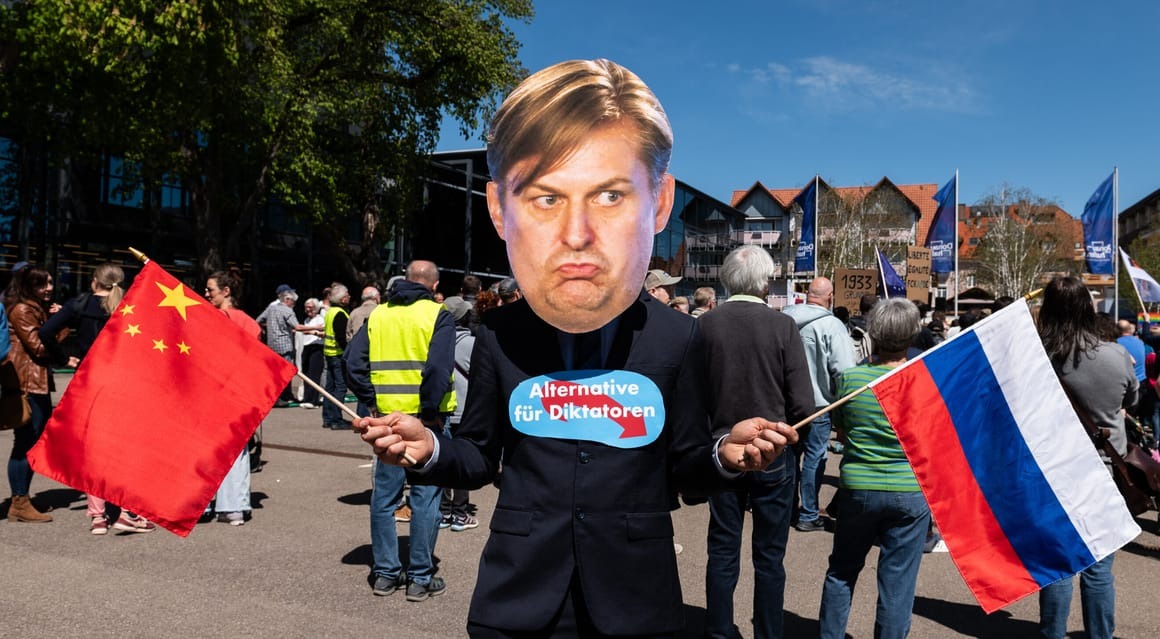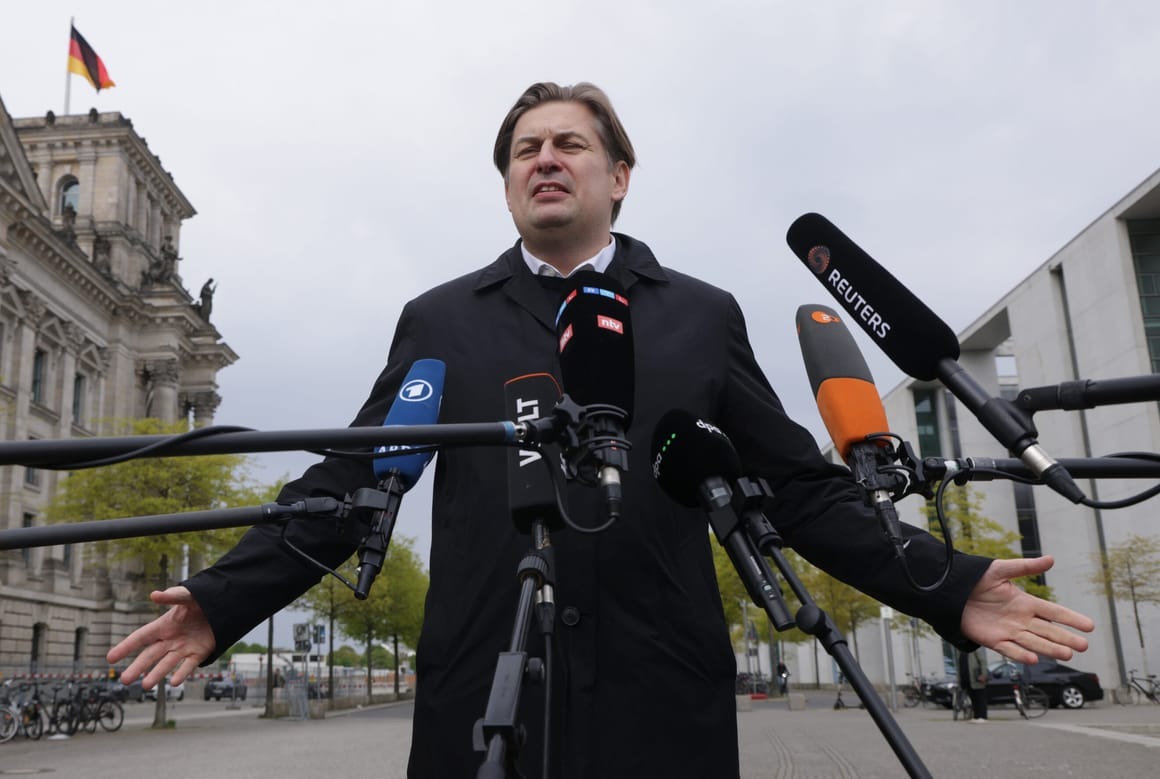On April 27th, Alice Weidel and Tino Chrupalla, the co-leaders of Germany’s hard-right Alternative for Germany (AfD) party, convened a rally in the southern town of Donaueschingen to kick off their campaign for the upcoming European Parliament elections in June.
Interestingly, their Spitzenkandidat (lead candidate) was conspicuously absent from the speakers’ list. Maximilian Krah, a member of the European Parliament, finds himself in a precarious position.

His aide, Jian Guo, a German of Chinese descent, was recently arrested by Germany’s prosecutor-general on charges of espionage for China and remains in custody.
Krah’s reputation among fellow MEPs has been tarnished by his reluctance to support resolutions critical of China, leading one colleague to dub him “China’s loudest vassal.”
The AfD, like other far-right parties across Europe, had initially anticipated remarkable gains in the European elections. However, a string of scandals has cast doubt on those expectations.

In January, German media outlets reported on a meeting where AfD members discussed the contentious idea of promoting the “remigration” of foreign-born Germans, sparking widespread protests that drew hundreds of thousands of demonstrators.
In early April, press allegations emerged suggesting that Petr Bystron, an AfD MP, received €20,000 ($21,300) from a Russian disinformation network. Bystron has vehemently denied these accusations.


